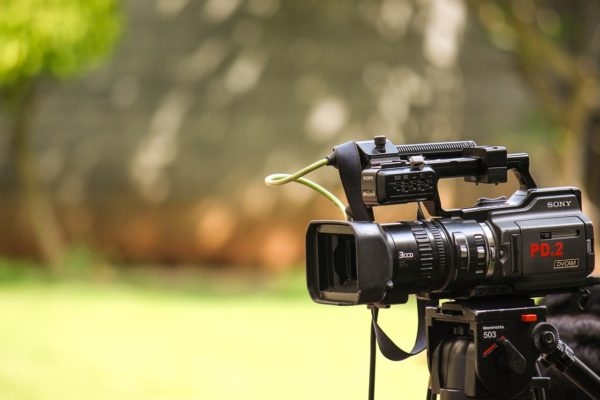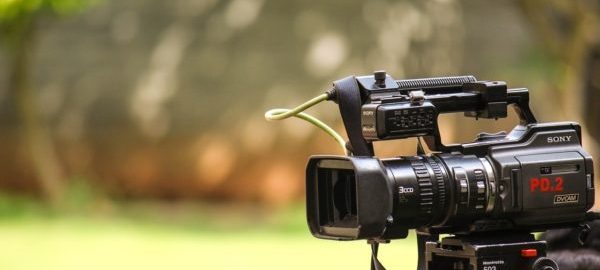— January 19, 2018

mariananbu / Pixabay
You’ve probably heard that you need to be making more videos for your company, and maybe you’ve even started to try and figure out how to make that happen.
From product marketing to recruiting, to social media, internal communications, and customer support, videos are key in getting information to your customers, employees, and audience online.
Bringing video production in-house, and creating a repeatable workflow, is a great way to leverage video for your company.
Building an in-house video studio allows you to make videos how you want, with whom you want, on your own time. An in-house video studio gives you the freedom to experiment with different types of video content and also lets many voices from your company be heard.
If you’re looking to humanize your marketing and business efforts, creating video content is a great way to make that happen.
Here are six things you need to build in-house studio:
An Empty Room
The first thing you are going to need is a permanent place to set up your video studio. If your goal is to create consistent looking video on a regular basis, you’ll want a place that you can use over and over again.
At Brightcove, we turned a conference room with a large adjacent closet into our video studio. In the larger room we create different setups that include simple talking head interviews with a plain background, living room sets, mock office settings, and many others.
All of our gear is kept in the big adjacent closet, neatly organized so that we can act quickly if we have an urgent request, or a great idea is sparked on the fly. Having this space is important as it allows us the ability to experiment and produce multiple videos without disturbing others in the office.
Camera, Lighting, and Sound Equipment
Figuring out what gear to buy can be overwhelming, that’s why it’s best to start small and grow with your needs. If you plan on taking your in-house video production seriously, it’s best to invest in a reliable video camera, a great microphone, and some lighting. The options for buying all three of these components can range from about $ 2,500 to $ 15,000. If you want your videos to look professionally produced you’ll probably want to be somewhere in the $ 7,500 range to get started.
Seamless Background Paper
Recording great looking videos in a conference room requires a little extra decor. Seamless background paper is great for creating a simple set that you can use again and again. We use white and grey paper backgrounds in our studio for everything from talking head videos, to webinars, to employee photos, and even our CEO updates. Leaving our paper backgrounds set up in the studio also allows us versatility to pop in and shoot something on short notice.
Teleprompter
Chances are, most people that you’ll be recording videos with in your in-house studio will not be trained actors. Many times you will be recording the folks you work with, such as product experts, company executives, human resources, and more. Asking them to memorize their lines and deliver a riveting performance is usually not in their wheelhouse.
This is where having a teleprompter come in handy. Having non-actors read a script from a teleprompter prevents situations where people freeze up when recording begins, and allows them to concentrate on sounding great instead of wrestling with what to say. A teleprompter is an easy way to build a non-actor’s confidence and have them get their message across clearly.
Video Professional
One very key piece in building your in-house studio is having someone with a technical video production skill set to do flex their video producing skills. Find someone who has both videography and video editing skills to help you create great looking video content.
Many times, video scripts look great on paper but don’t sound authentic when said out loud on camera. Having a video professional on staff will help identify these situations and is great advantage in creating a smooth process for production.
Patience
Let’s face it, none of us are Stanley Kubrick or Steven Spielberg — and nobody expects you to be. What you think up in your head and write a script for might not translate on camera how you think it will the first time. That’s okay. If you keep experimenting and fine tuning your process, you’ll eventually end up with videos that get the best results for your business.
Having the patience to keep trying new things until something sticks is how you will get to where you want to be.
Bring your in-house video production goals to life by building a studio today
Even though you might not be ready to produce television-quality content, you can get started creating thoughtful, educational, branded video content that will help your customers and audience learn more about what you have to offer through video.
Digital & Social Articles on Business 2 Community
(38)







